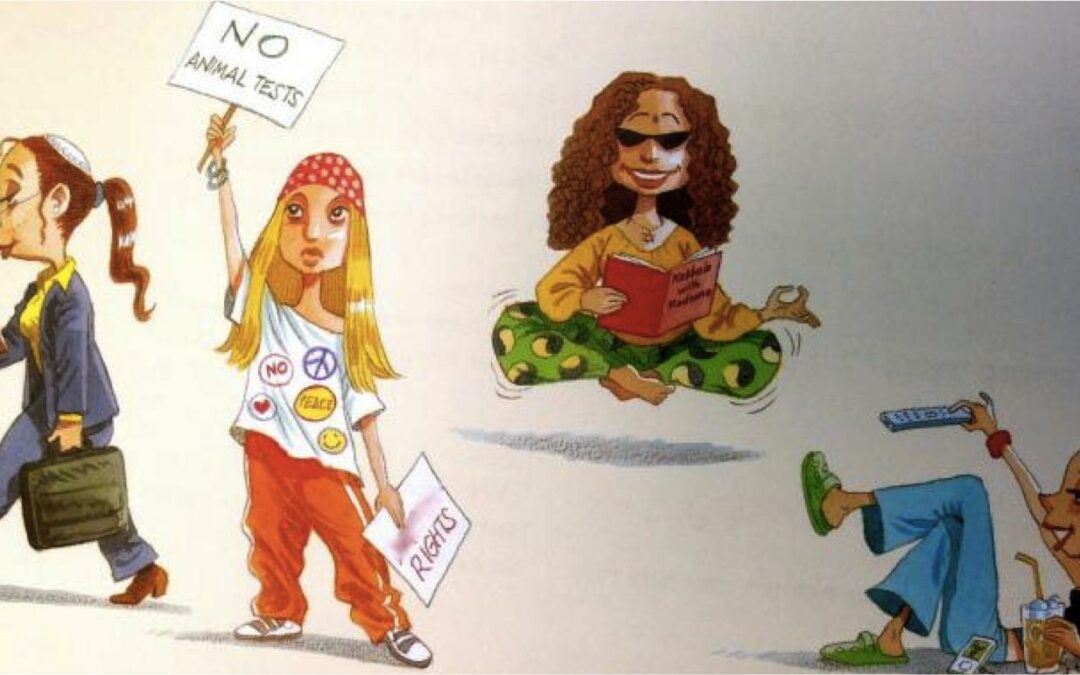As Passover approaches, our appreciation for you and the Hadassah Foundation deepens. We think about how far we have come as a foundation, for gender equality, and as Jewish people, and at the same time, we remember how much there is still left to be done.
To help infuse the work of the Hadassah Foundation into your Passover holiday, and in keeping with Debbie Cosgrove’s Eli Talk, The Four Children: A Jewish Framework for Funding, we are sharing grantee updates, as they relate to the four children we hear about in the Haggadah.
1. The wise child, who asks details about the specific meaning of the laws of Passover observance.
Long-time grantee, Moving Traditions provides a 2022 Seder Supplement to help explore the power of narratives this year, amidst the war in Ukraine. Like the wise child, the supplement seeks further connection and symbolism. It relates the women heroes of Passover to people’s efforts today and provides context to discuss the devastating current events with the teens in our lives.
2. The wicked child asks, “Whatever does this mean to you?” and reminds us of the importance of not separating ourselves from our community.
The grantee Merchavim provides Arab-Israeli women with the skills and tools to teach in Jewish schools throughout Israel. Earlier this week, they sent an email update about their efforts during the current wave of violence in Israel between Jews and Palestinians. Merchavim convened their teachers to hear their concerns and provide advice. The teachers left feeling empowered and with ideas on how to share in their schools about Ramadan and its underlying values.
3. The simple child asks, “What does this mean?” to which a straightforward summary of the story is given.
Grantee Shalom Task Force is educating teens about domestic abuse. This year, 64 teen fellows across 25 schools in 10 states and Canada planned a Go Purple Day that is focused on student-run advocacy and education around domestic abuse, educating a total of over 8,900 students. When surveyed before Go Purple Day, only 48% of students responded with “I feel that I have enough knowledge to educate others about domestic violence.” When the students were surveyed after Go Purple Day, over 95% responded with “I feel more equipped to educate others about domestic and dating violence.”
4. The child who does not know how to ask, we are instructed to “open it up” and explain.
The 2018 study, Past Achievements and Future Directions of Women’s Organizations in Israel, found that leaders of feminist non-profits in Israel lack access and funds to build relationships with North American funders. The researcher behind the report, Nancy Strichman, along with her family, took the finding one step further in establishing the Raya Fund, which champions and creates partnerships for leaders in Israel who are sparking change in their communities. Although not a grantee, Raya Fund features many women leaders of our current and past grantee organizations (Women’s Spirit, Nivcharot, Itach Maaki, and others). If videos make you feel more hopeful, check out their storytelling page.
Thank for your ongoing support and partnership. Chag Pesach Semeach!

